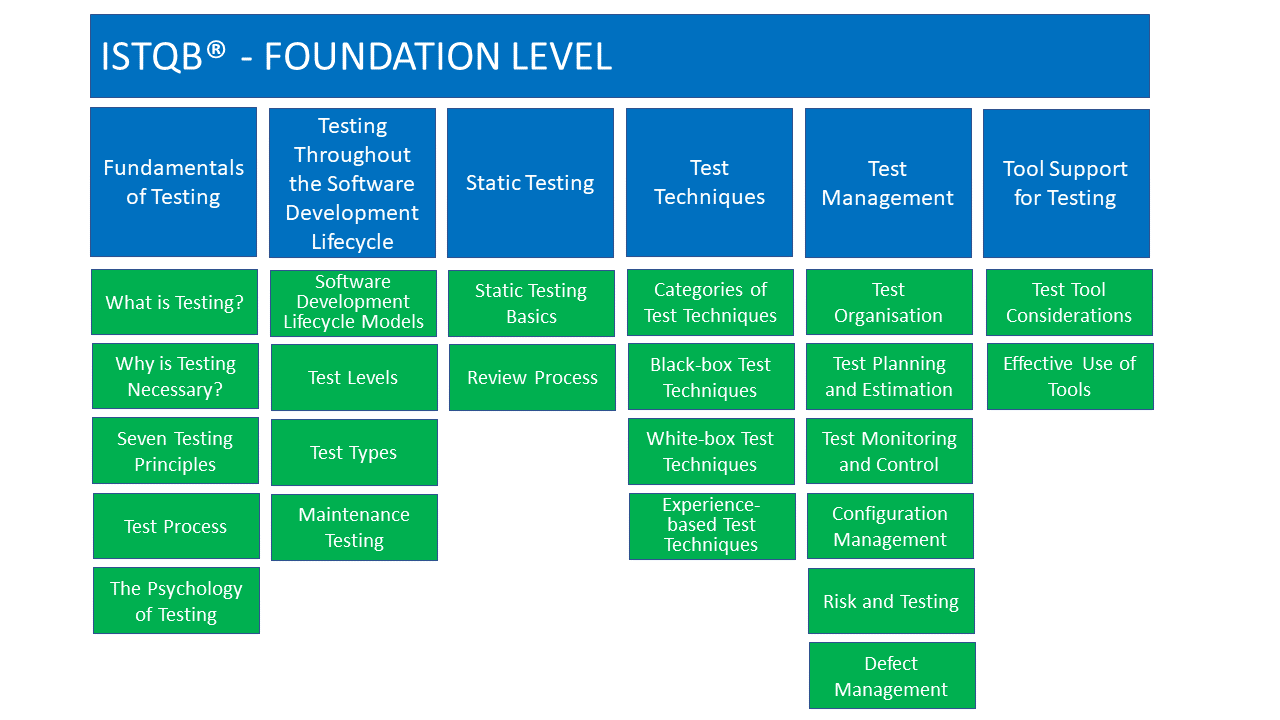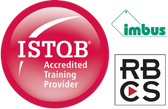
ISTQB® Foundation Level Onsite Training
The following summarizes the contents of the Foundation Level syllabus:
- Use a common language for efficient and effective communication with other testers and project stakeholders.
- Understand established testing concepts, the fundamental test process, test approaches, and principles to support test objectives.
- Design and prioritize tests by using established techniques; analyze both functional and non-functional specifications (such as performance and usability) at all test levels for systems with a low to medium level of complexity.
- Execute tests according to agreed test plans, and analyze and report on the results of tests.
- Write clear and understandable incident reports.
- Effectively participate in reviews of small to medium-sized projects.
- Be familiar with different types of testing tools and their uses; assist in the selection and implementation process.
Course Outline
Each section includes sample exam questions and exercises for main techniques.
- Fundamentals of testing
- Why is testing necessary
- What is testing
- General testing principles
- Fundamental test process
- Psychology of testing
- Code of ethics
- Testing throughout the software life cycle
- Software development models
- Test levels
- Test types
- Maintenance testing
- Static techniques
- Static techniques and the test process
- Review process
- Static analysis by tools
- Test Design Techniques
- Test development process
- Categories of test design techniques
- Specification-based or black-box techniques
- Structure-based or white-box techniques
- Experience-based techniques
- Choosing test techniques
- Test management
- Test organization
- Test planning and estimation
- Test progress monitoring and control
- Configuration management
- Risk and testing
- Incident management
- Tool support for testing
- Types of test tools
- Effective use of tools: potential benefits and risks
- Introducing a tool into an organization
This course was accredited by the ISTQB. This course follows the ISTQB Foundation Level Syllabus 2018.
Download Foundation Level Materials from ISTQB (opens in a new tab)
Click here for Foundation Level Learning Objectives (opens in a new tab)
Certification Exam
The Foundation Level exam is comprised of 40 multiple-choice questions, with a pass mark grade of 65% to be completed within 60 minutes.
To learn more about ISTQB® exams, consult the Exam FAQs. Take a look at the sample exams made available by ISTQB®. You can find them inside every syllabus folder in the Download area.
Contact us for booking onsite training
- Email: info@imbus.ca
- Phone: +1 (416) 546-4628
- Upcoming Schedule: Click Here
